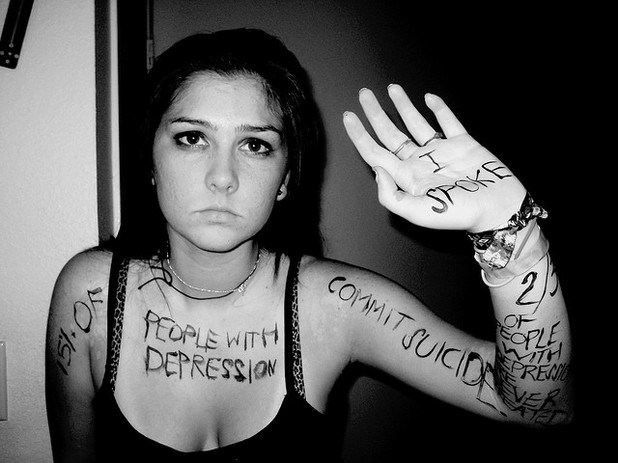- Story Highlights
-
- Disability: Young people lose more years of healthy life to mental disorders than to any other cause.
From Age 10 to 24, Mental Health Disorders the Leading Cause of Disability
Comments (1)Diseases like depression, schizophrenia and other mental health disorders account for 45% of the disability experienced by those aged 10 to 24 world-wide. The distant second and third ranking causes of young person disability are injuries (12%) and infectious diseases (10%).
Diseases like HIV, car accidents and other forms of trauma may get more attention, but according to a study from the World Health Organization (WHO), the biggest disability-risk for those aged 10 to 24 comes from mental health disorders.
WHO researchers looked at disability data from 191 countries to determine the major causes of disability experienced by those aged from 10 to 24. Disability was measured by ‘disability years’, which is a measure which calculates how many years of life, or good-health life, are lost to a disability.
Globally, the top three causes of disability are:
- 45% - Mental disorders, such as depression, bipolar disorder, schizophrenia, substance abuse, self harm and others
- 12% - Unintentional injury, such as car accidents
- 10% - infectious diseases, such as malaria, tuberculosis, HIV and others
In richer countries with better management of infectious diseases like malaria and tuberculosis, the proportion of disability years attributable to metal disorders rises substantially, such as in Australia, where mental health disorders account for two thirds of the disability experienced by young people.
The study, which was published in The Lancet medical journal, was accompanied by an editorial by Dr. John S. Santelli, M.D., of Columbia University's Mailman School of Public Health. He writes that although the disability burden of mental disorders is staggering, that with current more effective treatments, it doesn’t have to be this way, arguing, "There’s much better behavioral treatments, there’s much better pharmacological treatments as well. We know what to do. We just need to do it."


